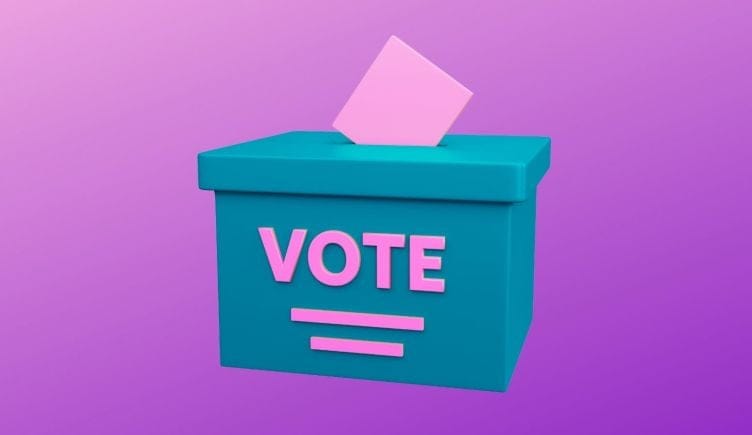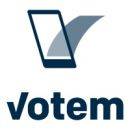Let’s face it — even as one of the world’s leading democracies, the U.S. population is not always the best at exercising our fundamental right to vote.
Though the 2020 presidential election boasted the highest U.S. voter turnout of the 21st century, the country still falls behind in turnout in comparison to other developed nations. According to the Council on Foreign Relations, overall turnout in 2020 U.S. national elections lied at 62 percent, falling three percent below the 65 percent average for members of the Organization for Economic Cooperation and Development — meaning that we still have a ways to go to improve our voting participation.
Why are Americans not turning up at the polls? Candidate dissatisfaction, electoral process frustration and voter place inaccessibility all play a role.
Only one in five Americans are very confident in the country’s election system, as recorded in a poll by ABC News and The Washington Post. Additionally, in a research report on global assessments of the quality of national elections, the Election Integrity Project noted the U.S. as the lowest ranked among liberal democracies. Plus, physically getting to the polls on Election Day is a roadblock for many potential voters.
If we want to improve our election process, it’s worth considering how we can use blockchain.
While blockchain voting won’t solve all our problems — and even introduces a few of its own — the promise of the technology to revolutionize the American elections system is intriguing.
How Blockchain Voting Works
According to Washington, D.C. think tank Brookings Institution, blockchain voting, or decentralized voting, has the potential to solve a number of problems like combating voter fraud and ensuring every vote is counted. This would be thanks in part to the nature of blockchain technology and how it stores and transmits information.
Potential Benefits of Blockchain Voting
- Combat voter fraud.
- Boost turnout.
- Maintain transparency in elections.
- Reduce costs.
- Make the vote counting process faster and more accurate.
- Ensure every vote is counted.
Blockchain works to be inherently secure and ensure original information is unchangeable, providing a single-source-of-truth and acting as a tracking method for any data recorded. When applied to voting, this could mean the opportunity for unaltered votes, voting transparency, increased online accessibility and more organized voting operations.
Here are a few examples of how blockchain voting technology is playing out in both the private and public sectors.
Blockchain Voting Applications to Know
Location: Boston, Massachusetts
Voatz is a mobile election platform that runs entirely on blockchain. The company’s voting platform uses a three-step voter authentication process, including fingerprint recognition, a live photo and a one-phone, one-vote system.
Once a voter has been confirmed eligible by cross-referencing a driver’s license, the voter mark their ballot by distributing tokens to each candidate. The tokens are debited from the voters public ledger and added to the candidates ledger. The candidate with the most tokens wins the election.
Voatz’s technology has already been used by some absentee and overseas military personnel voters to cast their votes in West Virginia in 2018 and Colorado in 2019.
Location: Golden, Colorado
Follow My Vote is an online voting platform using open-source blockchain ballot boxes.
With a webcam and valid voting ID, election participants can remotely cast a vote from any mobile device. The company’s software produces a unique ID for each voter that cannot be replicated.
Because elections can have last-second developments, Follow My Vote gives voters the ability to go back and change their choice up until the last second of the voting deadline.
The company’s reliability on blockchain also allows for participants to see election results in real-time for a more transparent and faster election process.
Location: Cleveland, Ohio
Votem is a combined suite of election management solution software built on the company’s blockchain-based CastIron Platform. Votem’s software offers various avenues on desktop and mobile for increasing voter accessibility and saving time in the voting process. Depending on the feature, users are able to register to vote, pre-mark ballots, vote remotely or create complete voting systems all online.
During the 2016 presidential election, Votem was used to facilitate voter registration as well as absentee ballot requests and delivery in Montana and Washington, D.C.




